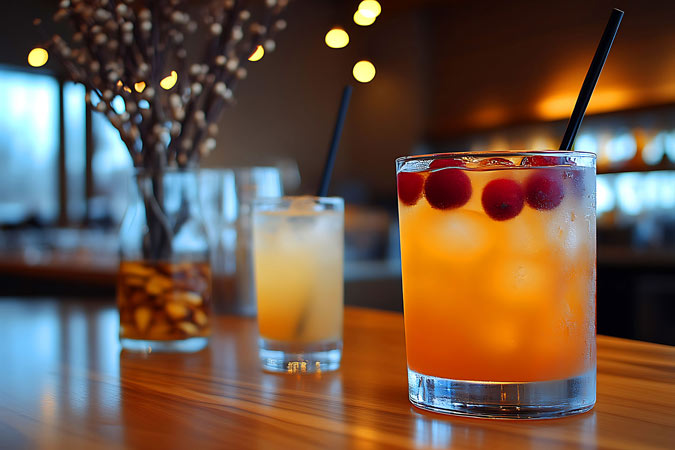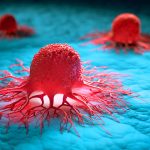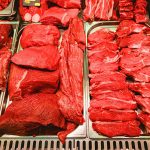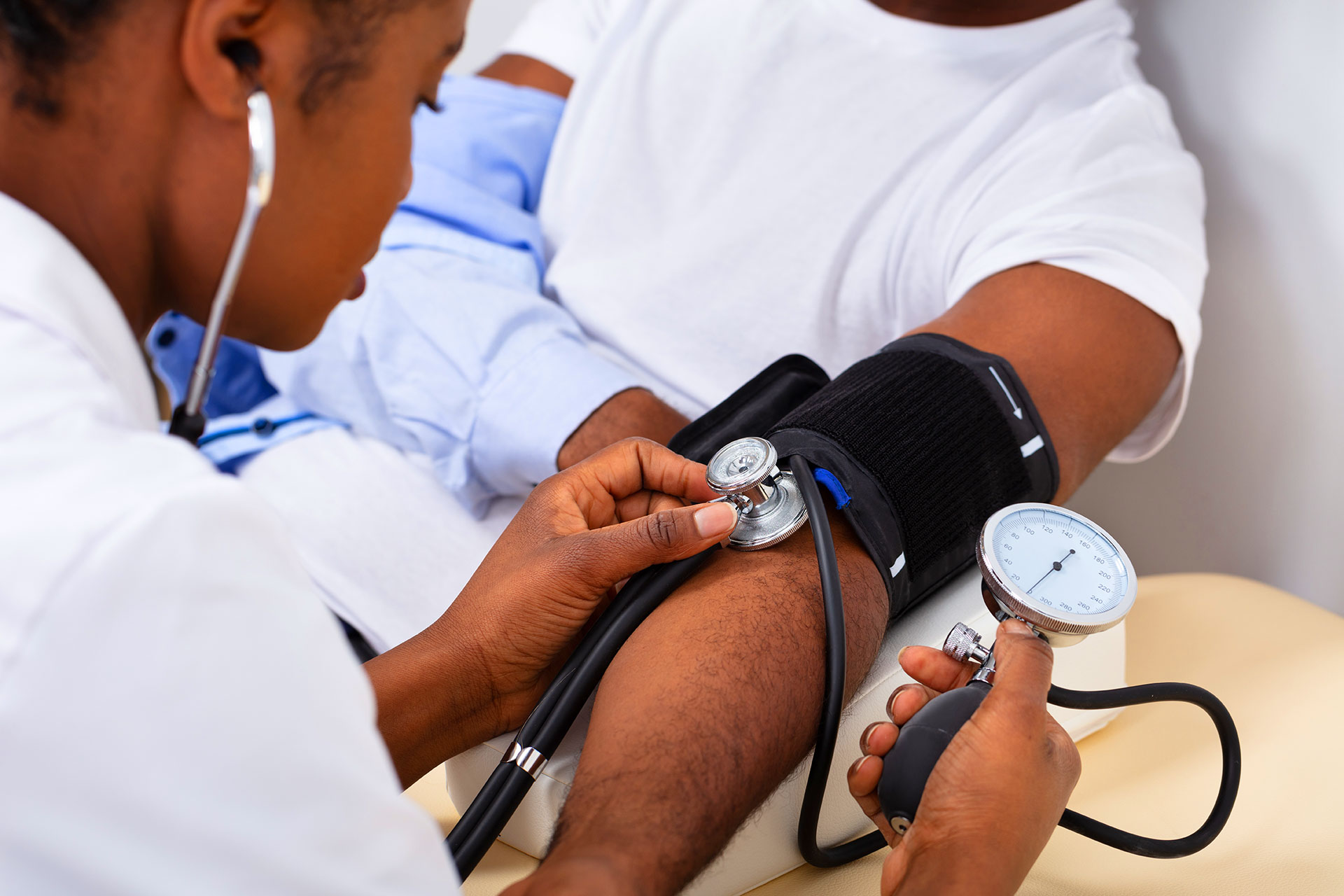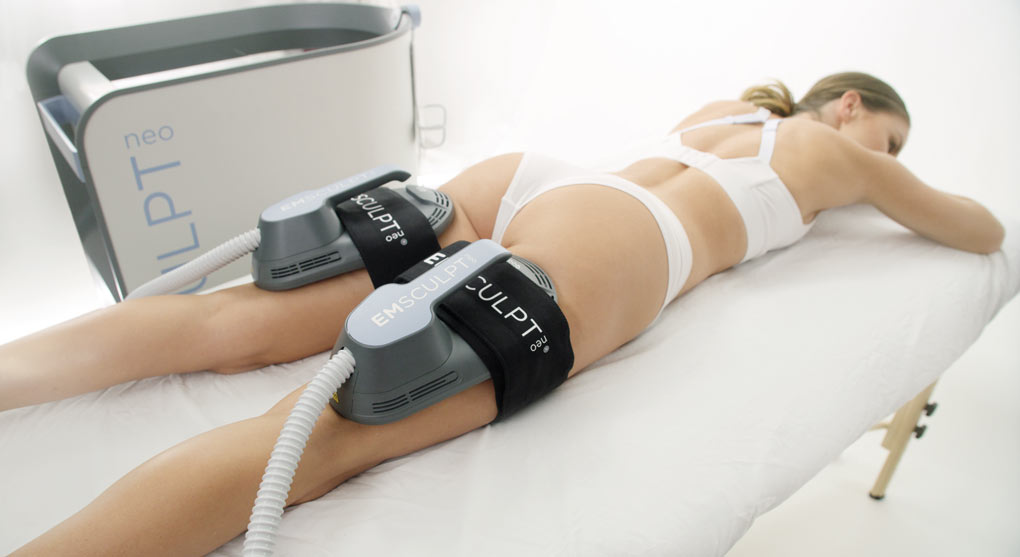For years, some individuals with atrial fibrillation (Afib) have reported a curious trigger for their episodes: cold drinks or foods. Many healthcare providers have dismissed this idea, often labeling it the "cold drink heart" phenomenon. However, new research is urging greater attention to this anecdotal link, suggesting it might be more common and impactful than …
For years, some individuals with atrial fibrillation (Afib) have reported a curious trigger for their episodes: cold drinks or foods. Many healthcare providers have dismissed this idea, often labeling it the “cold drink heart” phenomenon. However, new research is urging greater attention to this anecdotal link, suggesting it might be more common and impactful than previously thought.
A Surprising Discovery from a New Survey
A recent cross-sectional survey, the first of its kind, has explored the experiences of people who believe their Afib is triggered by cold ingestion. Published in the Journal of Cardiovascular Electrophysiology, the study reveals some compelling findings:
- Significant Reduction in Episodes: Among those who reported cold ingestion-triggered symptomatic Afib or atrial flutter, 51.5% found that avoiding cold drinks or foods significantly reduced or even eliminated their Afib episodes. This avoidance was 100% effective for those whose Afib episodes only occurred after cold ingestion, and 72.4% effective for those with other Afib triggers as well.
- Effective Strategies: Participants found success with simple behavioral modifications, including:
- Reducing the speed of ingestion or avoiding rapid gulping.
- Eliminating straw use.
- Allowing drinks to warm to room temperature.
- Warming liquids in their mouth before swallowing.
“Yes, That’s Happening to Me, Too!”
“For decades there have been people telling their healthcare providers that cold foods and drinks trigger their atrial fibrillation episodes — but many providers have dismissed this possibility,” explained Dr. David Vinson of Kaiser Permanente Northern California, a lead author of the study. He noted that as more patients become aware of this potential trigger, they often recognize it in their own experiences.
The survey included 101 individuals who self-reported cold ingestion-triggered Afib. A significant portion (52.4%) reported experiencing dismissive attitudes from healthcare providers when sharing their concerns, highlighting a gap in clinical awareness.
Cold vs. Alcohol: A Different Kind of Trigger
While alcohol is a more established dietary trigger for Afib, its effects typically appear hours after consumption. In contrast, cold drink triggers tend to precipitate Afib within seconds to minutes, a much more immediate response.
Why Might Cold Ingestion Be a Trigger?
While this study was not designed to prove direct cause and effect, researchers hypothesize potential mechanisms:
- Vagal Tone: Afib is often linked to heightened vagal tone (a nerve response that slows heart rate). Esophageal stimulation from a cold drink may acutely increase this autonomic response, especially after physical activity.
- Direct Irritation: The esophagus lies directly behind the left atrium of the heart. Direct cold mechanical irritation of the left atrium could also play a role, potentially exacerbated when vagal tone is elevated post-exercise.
- Rapid Swallowing: Rapid gulping or swallowing was also reported to be more likely to provoke Afib.
What’s Next?
This groundbreaking survey is a crucial first step in systematically studying the “cold drink heart” phenomenon beyond anecdotal reports. While further research is needed to determine the true prevalence of this trigger in the broader Afib population and to definitively prove causality, these findings offer immediate practical advice for some individuals.
If you experience Afib and suspect cold drinks or foods might be a trigger for you, consider trying some of the behavioral modifications suggested in this study. Importantly, always discuss any potential triggers or changes to your lifestyle and medical management with your healthcare provider.
This research encourages both patients and clinicians to pay closer attention to subtle, yet potentially impactful, lifestyle factors in managing Afib.
Characterizing Patients With Cold Drink-Triggered Atrial Fibrillation
Daniel D. DiLena, Jennifer Y. Zhang, Adina S. Rauchwerger, Mary E. Reed, Gregory M. Marcus, E. Margaret Warton, David R. Vinson, The Kaiser Permanente CREST Network
First published: 12 June 2025 https://doi.org/10.1111/jce.16753


